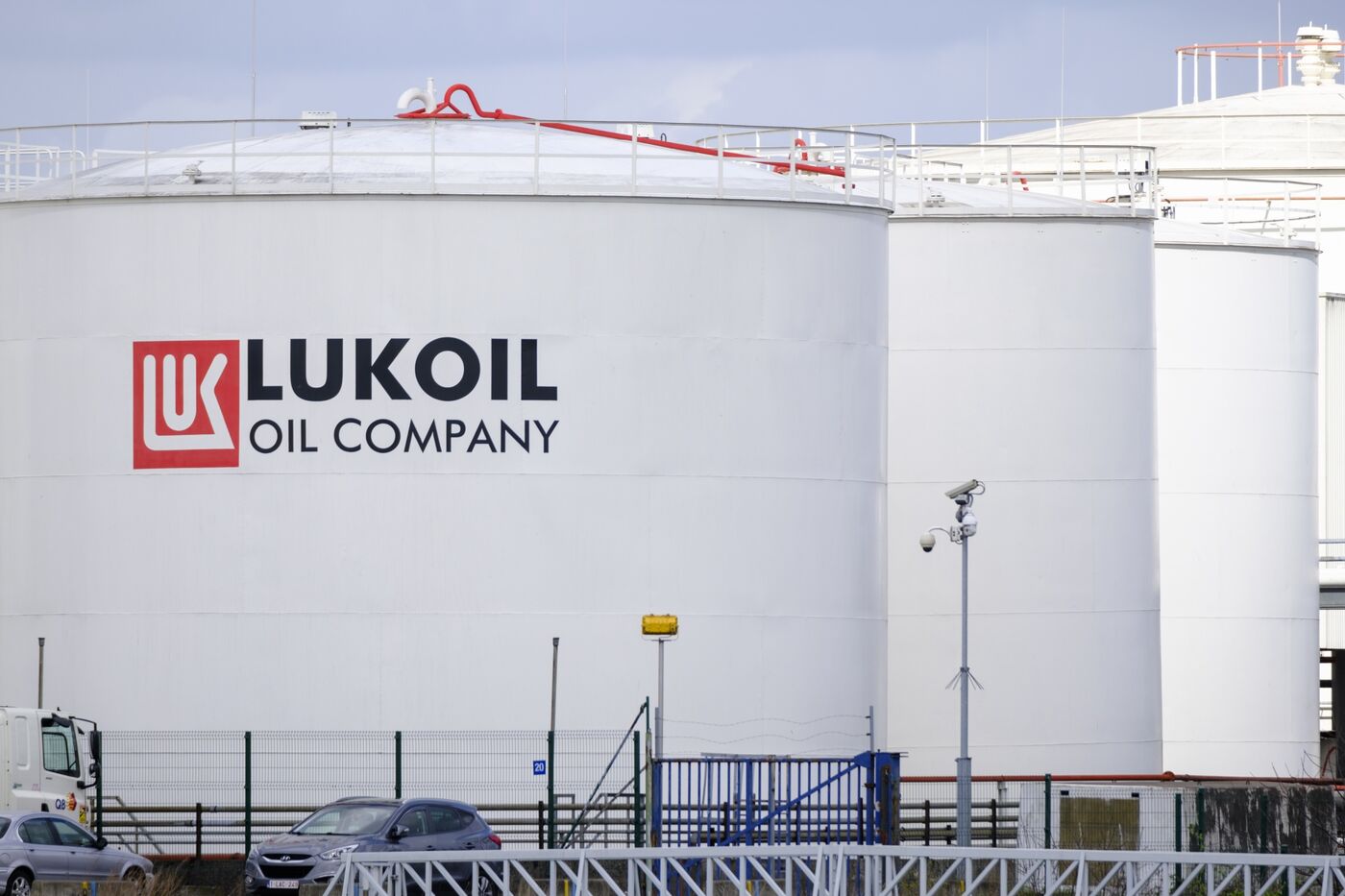Lukoil, a private Russian oil producer, has agreed to lend Azeri state oil firm Socar $1.5 billion. This deal will allow Socar’s Turkish STAR refinery to resume processing Russian crude. The partnership will provide Lukoil with a new customer near Russian ports, as many European refiners have stopped importing their crude due to EU sanctions. Unlike Europe, Turkey has not imposed sanctions on Russia and still imports their oil and gas.
The STAR refinery had to reduce Russian crude imports earlier this year due to international financial restrictions on business with Moscow. It eventually suspended purchases and replaced them with Kazakhstan’s KEBCO oil, which has a similar quality and is still loaded from Russian ports.
Starting in October, Lukoil will begin delivering Urals oil to STAR, supplying approximately 100,000 barrels per day. This is half of the refinery’s capacity. Three tankers sourced by Lukoil – Azure Celeste, Ocean Faye, and Sea Fidelity – are en route to Turkey from Primorsk, loaded with 100,000 tonnes of Urals oil. This marks the beginning of the new supply deal.
In addition to the loan, Lukoil will also provide Socar with a $1.5 billion loan. Socar has heavily borrowed to construct the STAR refinery.
Lukoil, Socar, and STAR have not commented on the duration of the supply deal or the loan terms. Lukoil has faced some U.S. sanctions on the Russian energy sector since 2014, but they have not been subjected to the harsher measures imposed on their peers since 2022. Despite the sanctions, Lukoil’s trading arm still supplies oil to EU refineries in Bulgaria and Romania and maintains offices in Dubai and Geneva.
The STAR refinery, which was commissioned in 2018, was originally designed to refine sour oil like Urals or Kirkuk. Due to reduced imports of Russian oil, it has relied on oil grades from Kazakhstan, West Africa, and Iraq.
(Source: Dmitry Zhdannikov | Nailia Bagirova | Kirsten Donovan | Reuters)









